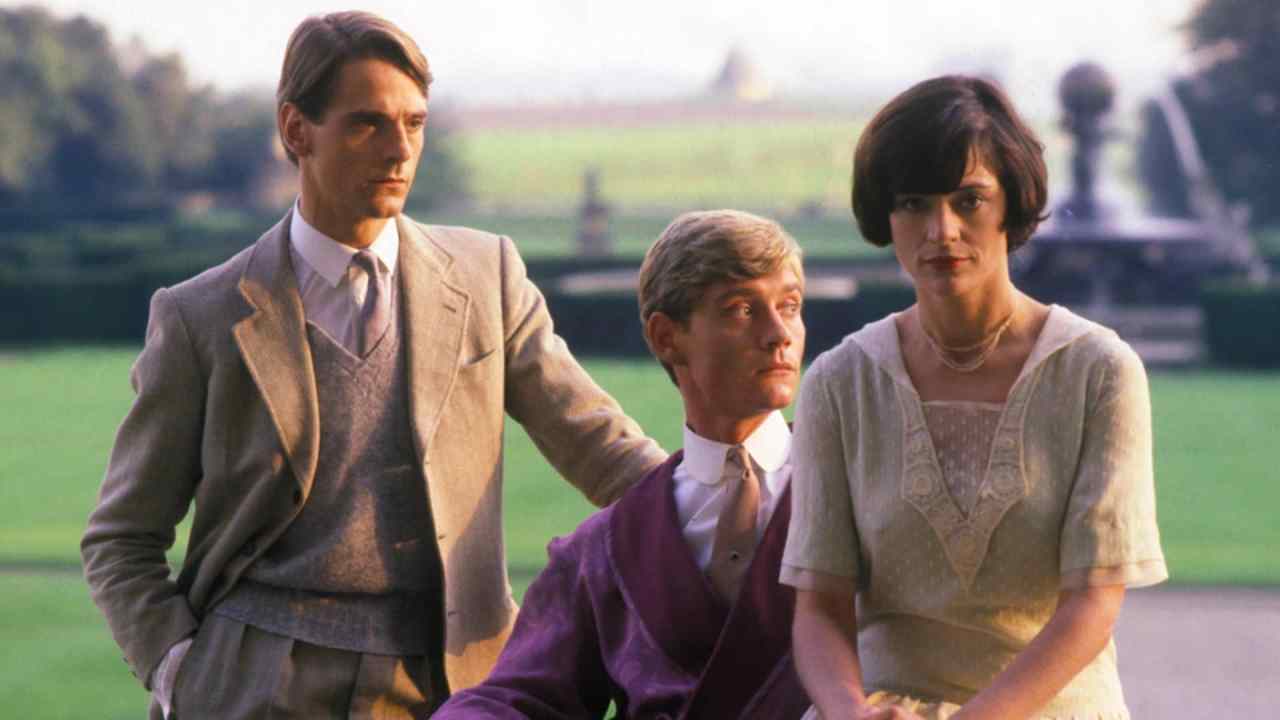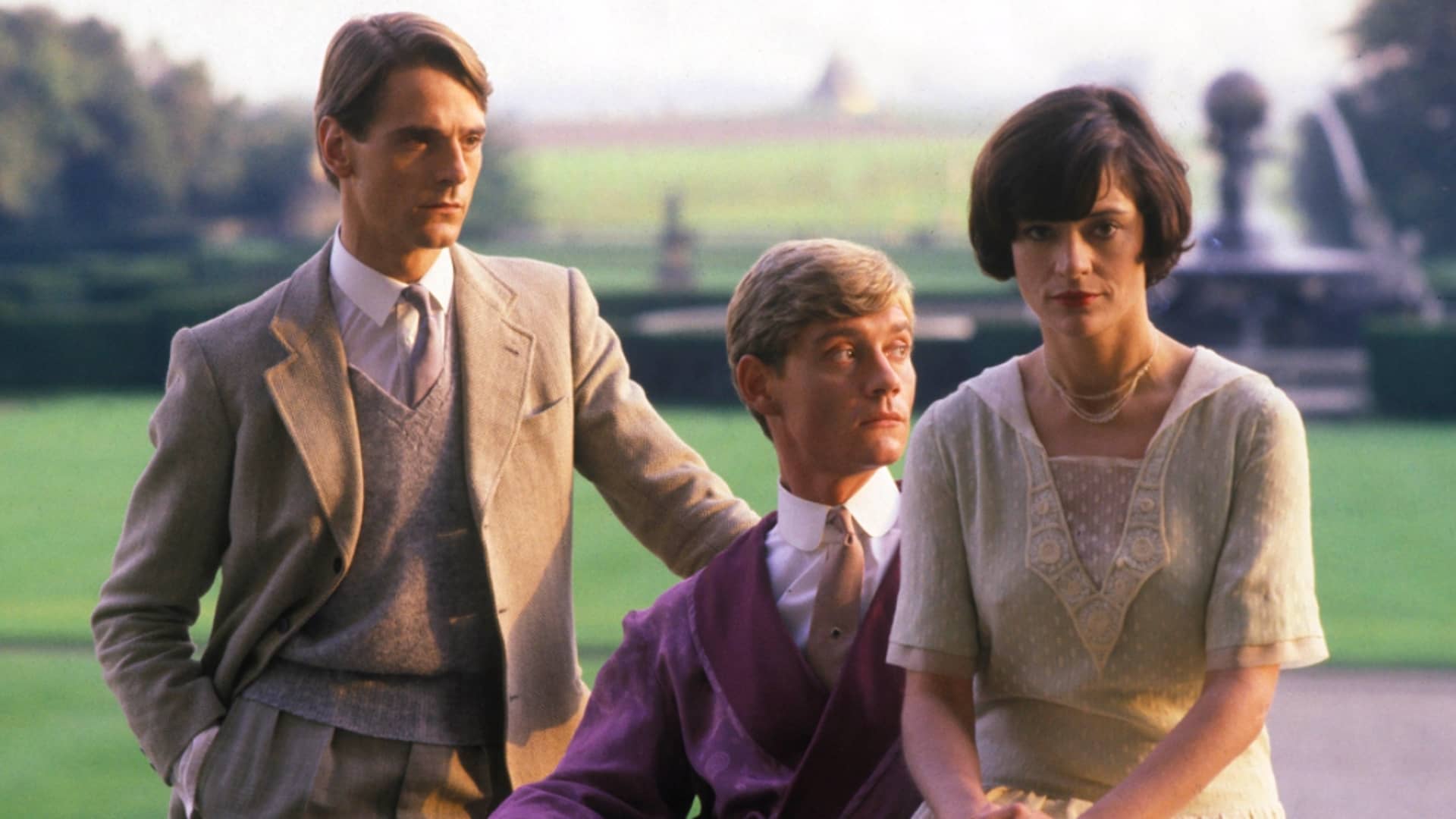BBC Director General Tim Davie, in his proclaimed push to create ‘landmark’ TV shows appears to be steering the Corporation in an increasingly conservative (small ‘c’) direction, intent on trading off past glories.
Former soft drink marketer Davie’s lack of programming and editorial experience is often painfully apparent; he is increasingly given to sweeping crowd-pleasing statements, such as the remarks he made to the public about BBC’s staff’s attendance of Pride marches, telling staff to stop virtue-signalling on social media.
Despite having spent 16 years in various senior roles at the Corporation, Davie doesn’t appear to have the antennae to pick up on the mood of his workforce. He may well believe upsetting the BBC’s woke types improves his hand when dealing with the government; case in point the cancellation of The Mash Report (now revived by UKTV’s Dave). Unfortunately, Davie has a track record for spouting out marketing twaddle to suit any situation. In his days as a Pepsi-Cola salesman in the 1990s, he made this daft statement about the decision to change the soda can colour to blue: ‘This is not just a change in packaging. It is a change in attitude. Pepsi and Pepsi drinkers will be seen to do things differently.’
Perhaps it’s this broad-brush marketing approach that led the BBC to fall back on the familiar and ‘classic’ in an attempt to retain viewers tempted by streamers such as Netflix, Amazon Prime and Disney+.
This trend didn’t begin with Davie; the BBC has always had a tendency to cannibalise itself by rehashing old hits. Witness 2016’s ‘Landmark Sitcom Season’, last year’s Talking Heads, Black Narcissus, the failed reboot of ITV’s Upstairs Downstairs (an attempt to ape Downton), Mapp & Lucia (another ITV series that was fine as it was) and the Civilisation remake, previous Director General Tony Hall’s vanity project.
The BBC’s compulsory TV licence fee makes it more of a pressing concern when yet another remake fails to draw viewers
2015’s English-Lit exam (circa 1972) season of 20th Century Classic literature was surprising only in its sheer counter-intuitive predictability – with all titles having previous versions easily available (Lady Chatterley’s Lover, Cider with Rosie, The Go-Between and An Inspector Calls).
This has accelerated under Director General Davie. The desire for signature landmark documentaries with name recognition (poor old David Attenborough, back on the Natural History treadmill again) is also apparent in the direction of the BBC’s scripted offerings.
And this brings us to the upcoming Brideshead Revisited remake. After the original ITV series and the 2008 film, you would think the last thing Brideshead Revisited needed was more revisiting. Possibly the Corporation is still miffed that it was ITV (Granada) that made the 1981 series and that such a prestigious show really should have been a BBC production. This kind of logic appeared to be the reason for their resurrection of Upstairs Downstairs (2010-12) to steal some of Downton Abbey’s thunder, itself a show that some at the Beeb felt was more of a fit with BBC1.
In the case of Brideshead I can’t think of a show less desirous of a remake. If you recall, the cast of the original series was stellar: it included leads Jeremy Irons (Charles), Anthony Andrews (Sebastian) and Diana Quick (Julia), together with a supporting company featuring Laurence Olivier, John Gielgud, Claire Bloom, Stéphane Audran, John Le Mesurier, Kenneth Cranham and Jane Asher. Even today, it would be difficult to assemble a better ensemble of actors. The failed 2008 movie (which was also co-produced by BBC Films) should have proved the point conclusively.
The original Brideshead took two years to film and had a production budget of £10 million, then a vast sum, dwarfing all other UK drama series at the time and for a good few years afterwards. That is until BBC1’s dire biopic (Cecil) Rhodes in 1996, which cost a similar amount for five hours less screen time and was justly shunned by viewers.
If BBC Studios is devoting similar dedication to the new Brideshead adaptation, I’d wager that licence fee payers could be on the hook for at least £20 million, with streamers or the likes of HBO presumably making up the rest. And all the while ITV’s entire 13-hour serialisation of Brideshead Revisited is currently available free to view on YouTube – yet another reason for the BBC to resist remaking the show.
If they do partner with a streamer, one can only hope that BBC negotiators don’t botch the deal in the way they did with the expensive fantasy drama Good Omens back in 2019. Co-producer Amazon Prime debuted the show in UK May that year, hoovering up all the publicity, whilst BBC2 scheduled it nine months later across Jan-Feb 2020, to a predictably lacklustre 1.48m average audience.
If the BBC really want to remake an Evelyn Waugh novel, I why not the author’s Sword of Honour trilogy, which was last adapted in 2001 by Channel 4 in far too condensed mini-series format, with a badly miscast Daniel Craig, who was far too macho to play mopey toff Guy Crouchback?
Not content with remaking Brideshead, the National broadcaster is also revisiting the tragic true story of Joseph ‘John’ Merrick, ‘The Elephant Man’ for a two-part mini-series. I can’t be the only viewer who thinks David Lynch’s peerless and extremely moving 1980 movie really doesn’t need a remake.
And for fans of Charles Dickens’ Oliver Twist, there is the BBC’s new show Dodger. Some bright spark thought that there was a crying need for a prequel starring the character, and, as he’s only about 12 years old in Oliver Twist, presumably we’ll see a toddler ‘pickpocket-in-training’ montage until we come to his ‘difficult’ 8th year.
It was only a few years ago when the BBC splurged cash on the flop mash-up Dickensian; there’s also have the nth adaptation of Great Expectations coming down the pike, whose writer Steven Knight gave us his depressingly grim take on A Christmas Carol back in December 2019.
If the BBC needs any more evidence that the public’s appetite for Dickens remakes may be waning, they should look to Sky’s dire recent movie update Twist (2021), the cinematic equivalent of dancing (and more) on Charles Dickens’ grave. The movie scored just one star on Rotten Tomatoes.
It would be unfair just to point the finger at the BBC – they are far from the only channel with a fetish for remakes. Channel 5 produced a runaway hit with All Creatures Great & Small whilst Netflix has another version of Persuasion in the works starring Dakota Johnson, despite there being at least five recent adaptations of the book.
But the BBC’s compulsory TV licence fee makes it more of a pressing concern when yet another remake fails to draw viewers. A role as the ‘Masterpiece Theatre’ of UK television may be the easy option for senior BBC executives with little or no experience as dramaturges. But if the BBC hopes to remain a creative force, the Corporation must show more ambition than simply revisiting familiar classics.







Comments